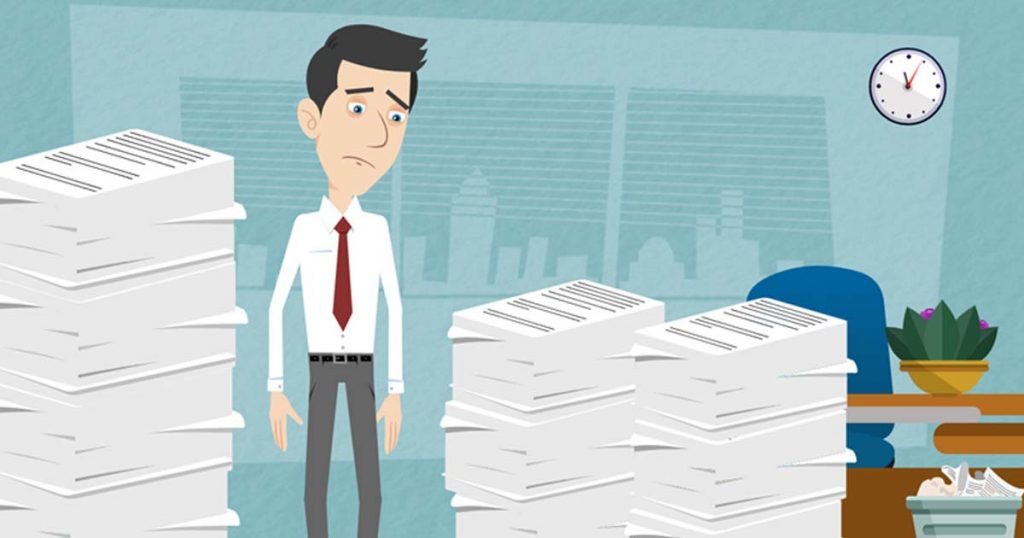
In the upcoming 35th GST Council meeting, there is a possibility that electronic billing on a real-time basis will become mandatory for the large businessmen, wholesale businessmen are uncomfortable with the likelihood.
Though it may become mandatory for the businesses whose turnover is 50-100 million or more, it will also be of great value to small or medium suppliers of their supply chain. In the last days of the VAT regime in Delhi, e-billing was initiated, which could not be rolled out due to many complexities. However, under the GST regime, due to the preparation of the technical framework, the authorities no longer consider it a big challenge.
In recent discussions with the stakeholders on upcoming technical reforms in the Delhi GST department, most traders demanded that the mandatory limits of e-invoicing under GST need to be fixed on the basis of transaction value rather than the turnover value.
If the proposed 50 Crore turnover limit applies, then most wholesalers will come under its purview, who also engage in transactions with small traders, and in the case when their suppliers or buyers do not process real-time e-billing or in case of returning the products because of no or low sale or bill cancel, they may have to face many problems including taking input credit.
An official who was present in the sub-committee of GST Council said that they have witnessed the results of ascertaining the limits on the basis of the transaction value. If we finalise the limit on the basis of transactions as transactions above INR 5000, it will lead to the generation of two bills of Rs. 2500-2500 for a single transaction. The turnover-based limit is effective, though there is no definite limit of it.
Officials say that small buyers or sellers of large business entrepreneurs will be benefitted by e-billing, as they will be able to see their input tax credits online on a real-time basis. In such a situation the possibility that intermediaries will face problem is baseless.
Under the proposed scheme, the eway bill will be abandoned, but the traders are questioning that if e-invoices oust the e-way bill, then how will their sellers and buyer furnish e-bill and if e-way bills persist to be applicable, big dealers will have a double burden of e waybill as well as e-invoicing.
According to officials, many problems including the bill cancellation have already been sorted out in e-invoicing, which is being anticipated by the trade-industry. Since e-invoicing will get auto-populated in the dealer’s return, it will ease the GST return filing process also.









